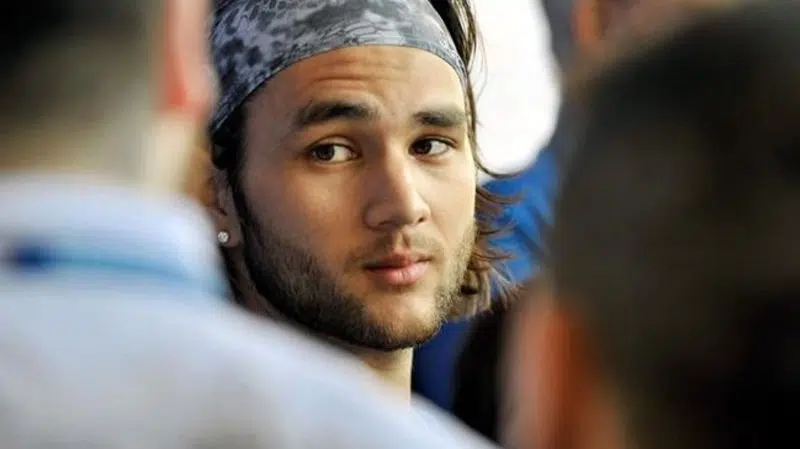
Blue Jays Bichette thinks Astros players should pay for sign-stealing scandal
DUNEDIN, Fla. — Bo Bichette isn’t satisfied with the way Major League Baseball has handled the Houston Astros sign-stealing scandal.
The cheating itself came as less of a shock to him.
“Cheating is cheating, people are going to do it … but when there are no consequences for it, that’s probably a problem,” the Blue Jays shortstop said Saturday at Toronto’s spring training facility.
“People do things they regret. But when you get away with it, it just becomes a bit bigger than it is. We’ll move on from it, but it’s a tough pill to swallow.”


